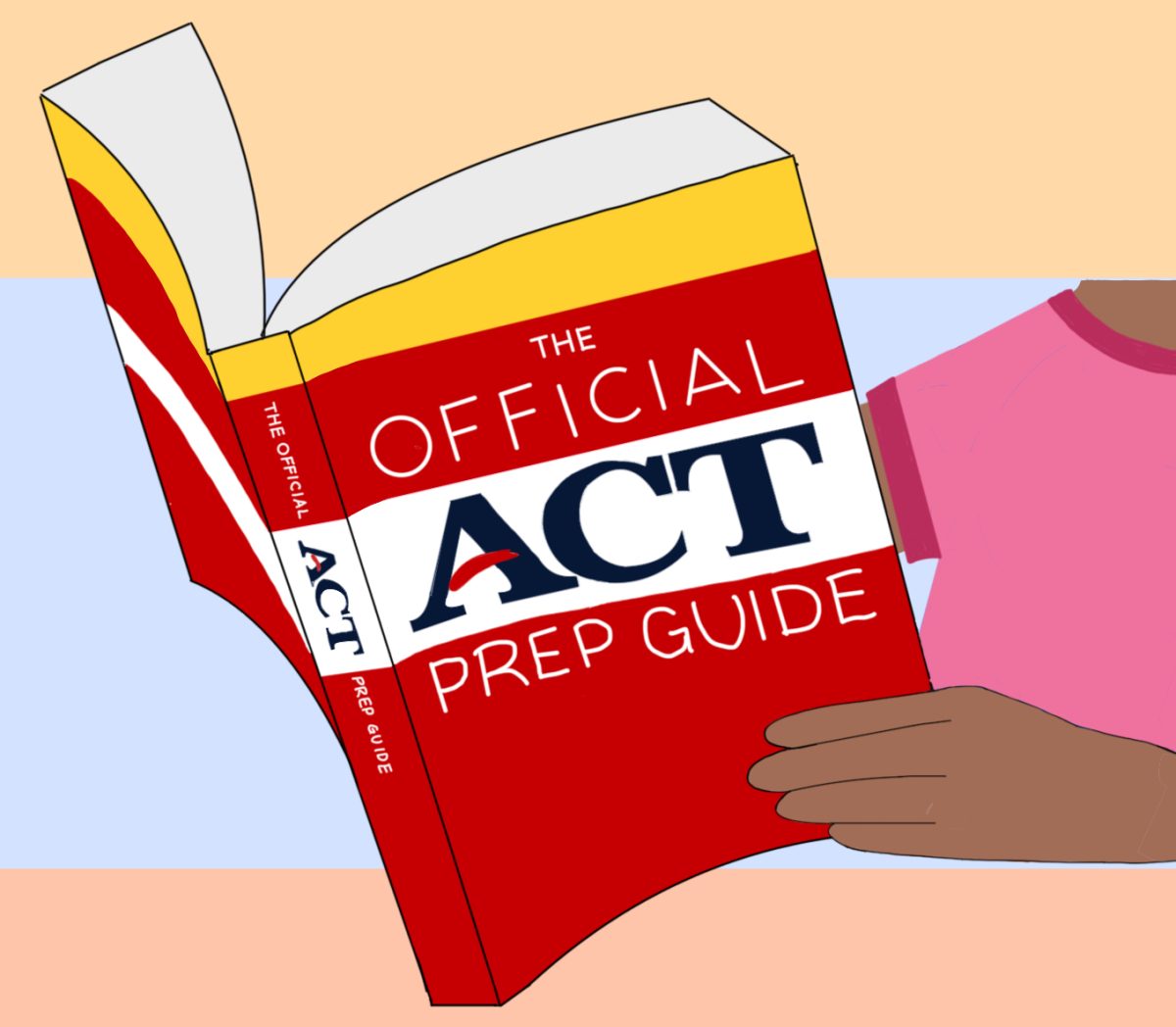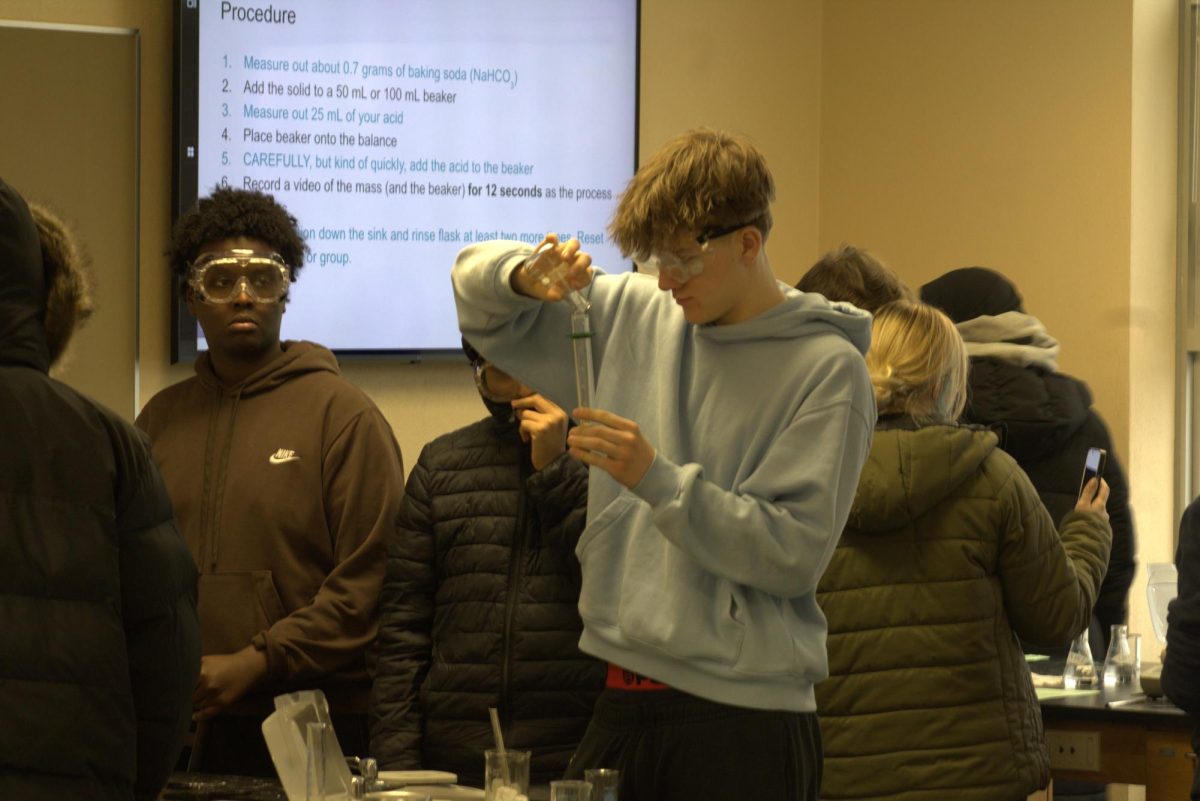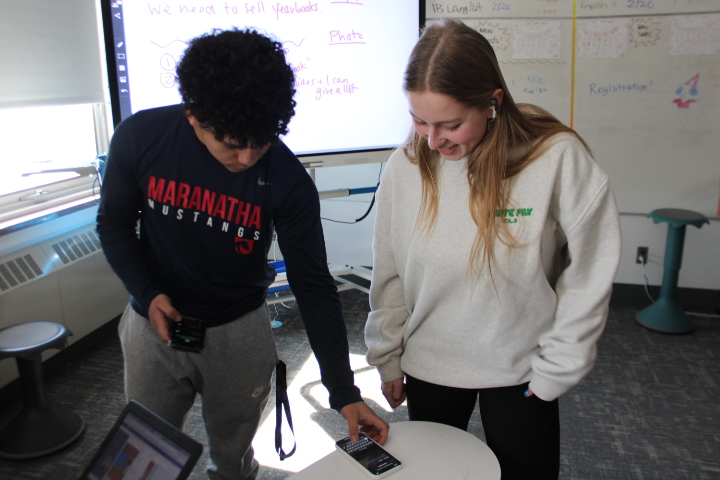Park’s juniors have had to prepare all year for just one test: the ACT. However, there are many opinions about the test, like whether it is a good representation of a student’s knowledge or whether teachers should do more to help students. No matter someone’s opinion, the test is coming up and juniors need to prepare. Different universities and colleges weigh academics and student’s worth by student’s GPA, classes taken, extracurriculars, the essay and, of course, either the ACT or SAT.
According to math teacher Erik Ahlquist, the college essay should have less of an importance, due to artificial intelligence technologies that could formulate an essay for someone.
“I don’t know that I’d put as much of an emphasis on an essay anymore because I could ask ChatGPT to write an essay for me. And it would do a damn good job,” Ahlquist said. “So now the essay is less valuable than it was 20 years ago.”
If colleges are going to make essays less of a factor, they have to put more weight on other forms of admission. That’s where the ACT comes in. More than 80% of colleges are test optional, but that is changing and more schools are requiring a test in future years. Students still sometimes submit their scores for scholarships or a better opportunity to test optional schools.
Junior Sam Tolzin said it matters what l school rank is, and that should determine if the school should be test optional or not. According to Tolzin, the ACT does show a part of who the student is.
“It kind of depends on the university, because I mean, the ACT does show some of who you are,” Tolzin said. “If you want to go to school for something like a major that doesn’t really need a test, I don’t feel like you should have to submit a test.”
Junior Erkihun Bogucki said it depends on the student if the ACT is a good representation of them. He said some people are naturally good test takers but some struggle with the pressure.
“I think it goes either way because some students who start getting ready from middle school or high school, they’re trying to get to college to the best college they want,” Bogucki said. “For others it’s a hard test, and you can’t really judge a student based on how well they do on a test because sometimes they can be good in a class, but on a test they struggle.”
Tolzin said he thinks it would be great if some teachers helped out, but they have a lot on their plate which makes it difficult.
“A lot of teachers want you to get into college and want the best for you and ACT is a major part of college enrollment, so I think they should help a little bit,” Tolzin said. “But also they have a lot on their mind on what they have to do for the curriculum.”
Alhquist agrees the school needs to improve the ways they get kids ready for the ACT but there’s a cost. The cost would be much cheaper than doing test prep privately.
“I think we as a school should do a much better job preparing kids for the ACT. I think as a school, it should be a part of the directive. Now it’ll cost money,” Alhquist said. “I think we have the ability to pay teachers if we wanted to, as a district, we could pay teachers to, to hold some kind of a test prep class. Maybe do it at a fraction of the cost of normal test prep classes.”











